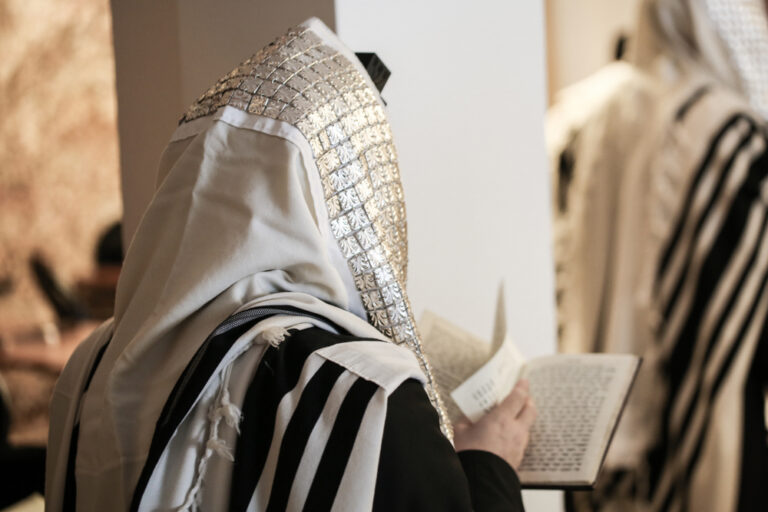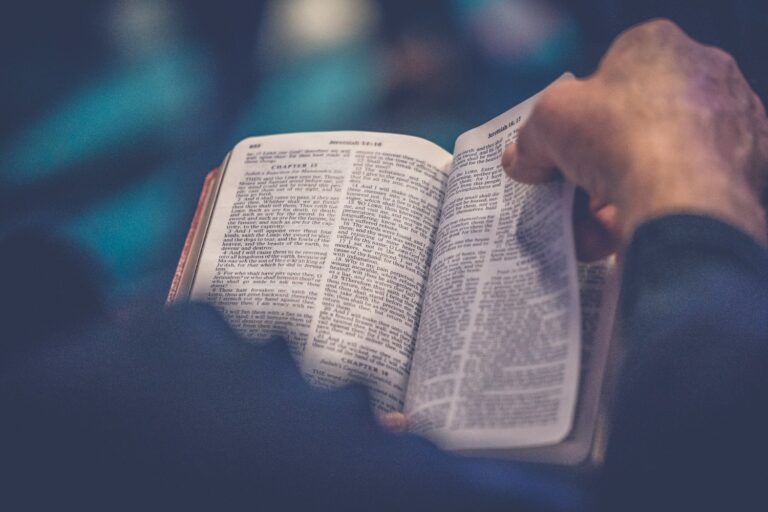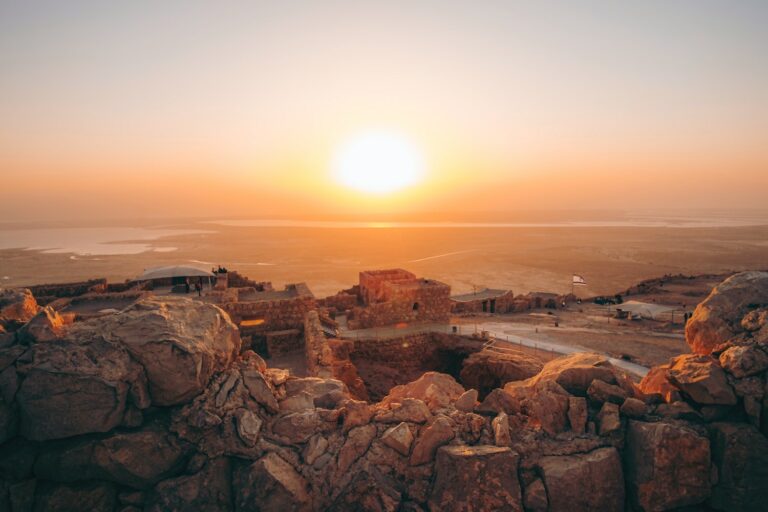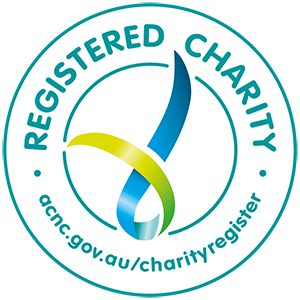
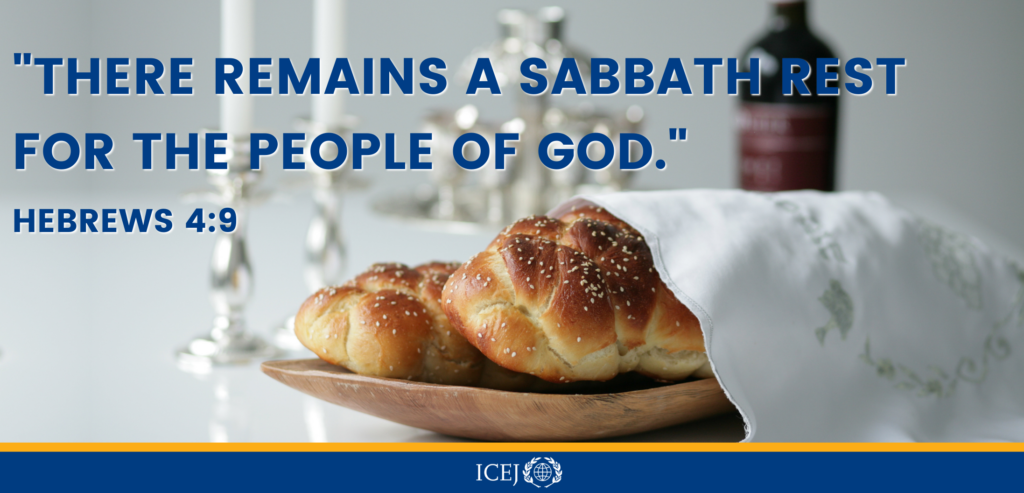
When our emails go out to you on Fridays, I usually end my letter with ‘Shabbat Shalom.’ It is the traditional greeting heard in Israel the day before the seventh day, the Shabbat. It invokes the peace that is represented by the day that God set aside on the completion of creation. It is upheld by many in the Jewish community who prepare for Shabbat in a way so that the day is one of disconnection from the world and is truly a place and time of God’s shalom.
A closer look at this special day can help us understand Hebrews 4:9-11a where it is referenced among the other God ordained commandments and rituals which were a foretaste of what was to come: “There remains, then, a Sabbath-rest for the people of God; for anyone who enters God’s rest also rests from their works, just as God did from his. Let us, therefore, make every effort to enter that rest…”
Genesis 2:3 first mentions the Sabbath. “And God blessed the seventh day and sanctified it: because that in it he had rested from all his work which God created and made.” The Hebrew word generally translated as ‘rested’ conveys the sense of completion. Exodus 31:17 contains similar wording, yet a different Hebrew word also translated as ‘rested’ implies ‘ceasing from work.’ Because Shabbat is thus linked with creation, it is a weekly and important reminder that there is a Creator.
We also see a link to the Exodus from Egypt in Deuteronomy 5:14-15. Let us enter into this holy rest with our Creator this week.
It is appalling that the charge of apartheid is constantly brought against Israel, and has been voiced in the news by an Australian political party this week. I encourage you to read this excellent article by Rev. Hedding who courageously stood against apartheid in his home country of South Africa at its peak in the 1980s.
Shabbat Shalom,
Sarah Way
ICEJ Australia National Director


